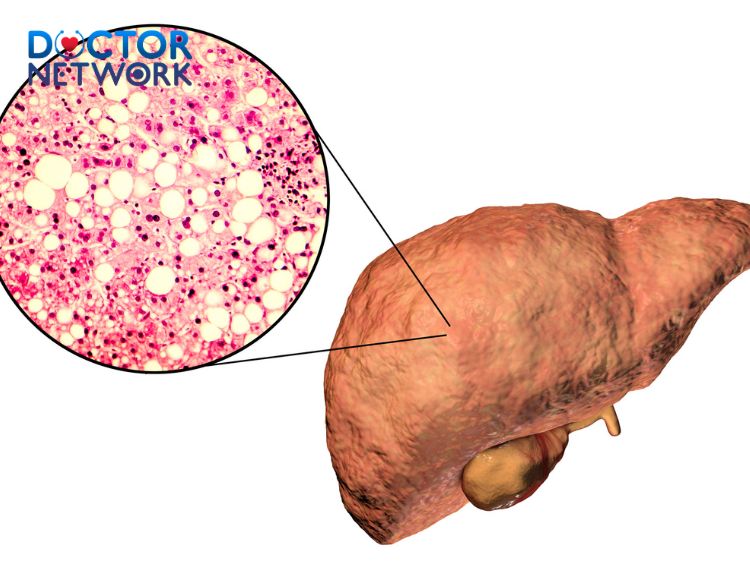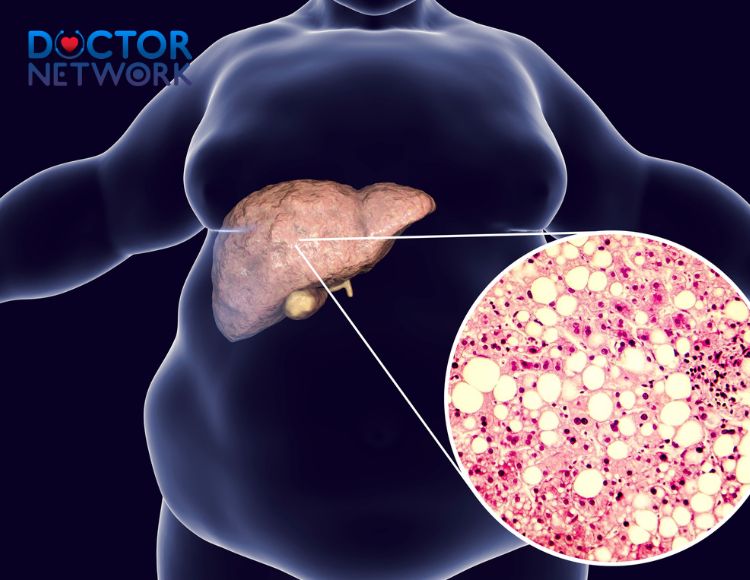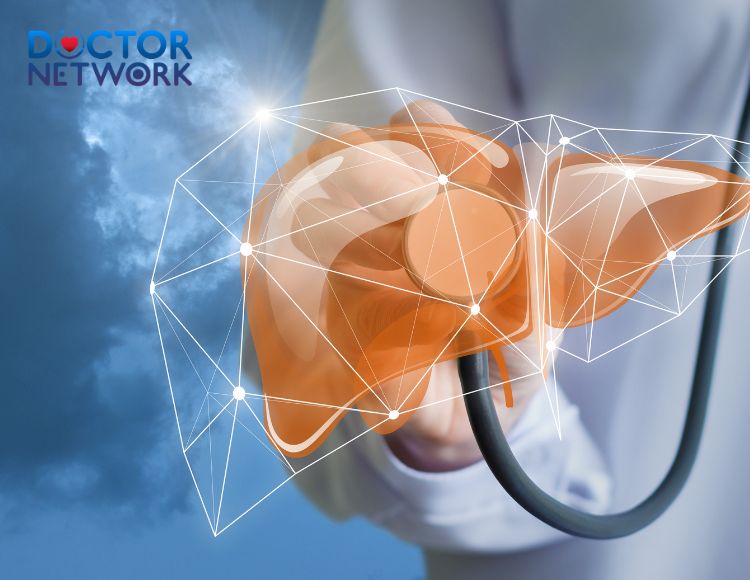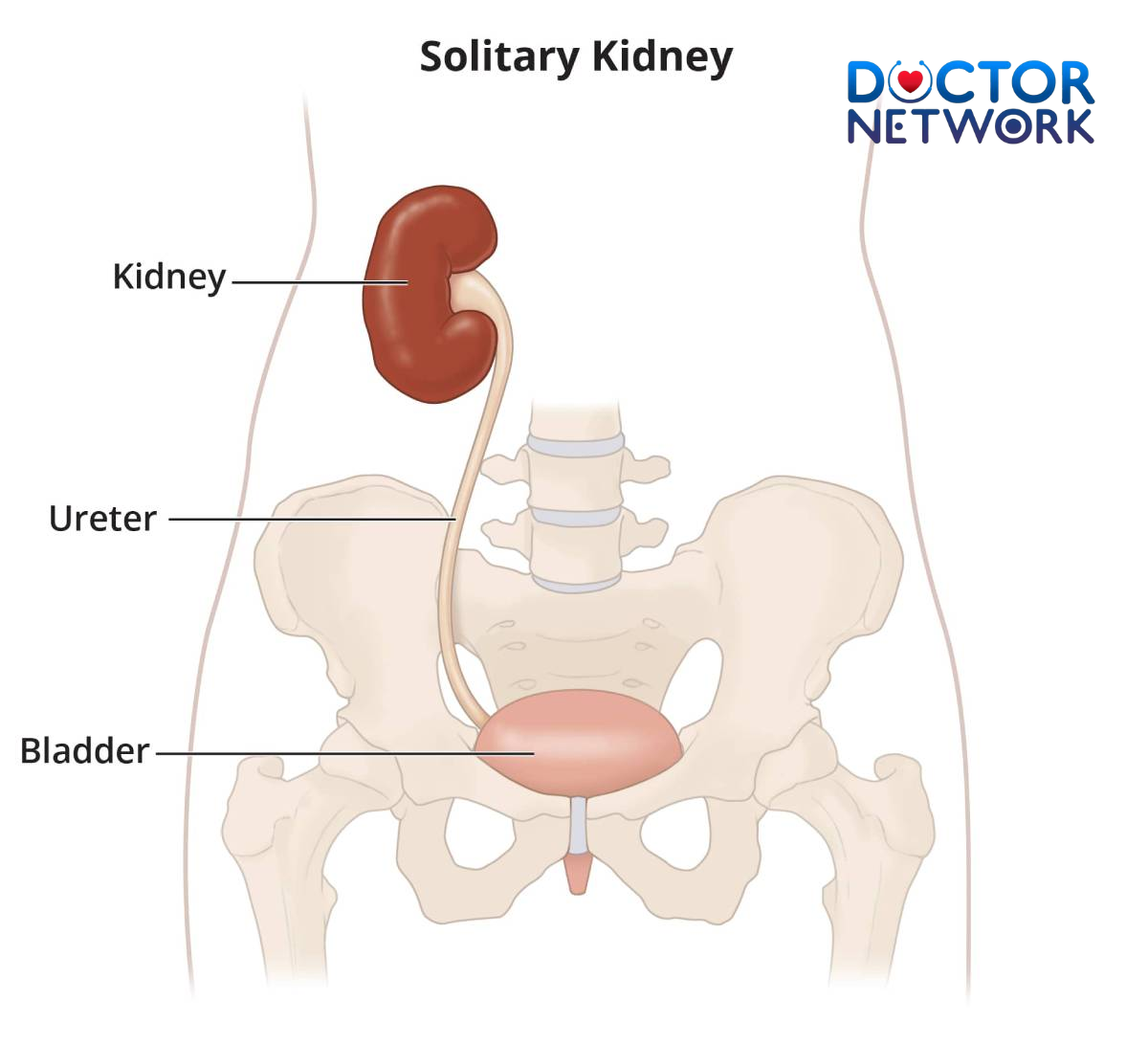Fatty liver is a condition where an abnormal amount of fat accumulates in the liver, exceeding normal levels. Grade 1 fatty liver is the initial stage of the disease, characterized by mild fat accumulation that usually does not cause serious liver damage. However, without timely treatment, the condition can progress to more severe stages, leading to dangerous complications.
Causes and Risk Factors for Fatty Liver:
Overweight, obesity: This is the leading risk factor for fatty liver. When the body has excess energy, the unused fat accumulates, including in the liver. U
nhealthy diet: Consuming high-fat foods, fried and processed foods, and sugary snacks increases the risk [of mild fatty liver].
Sedentary lifestyle: Lack of physical activity leads to incomplete energy expenditure, resulting in fat accumulation in the liver and other organs.
Related medical conditions: Some diseases increase the risk of grade 1 fatty liver, such as diabetes and fatty liver disease, lipid disorders, insulin resistance, etc.

“Fatty liver grade 1” – Overweight, obesity
Symptoms and Diagnosis of Grade 1 Fatty Liver:
In the early stages, fatty liver often does not present clear symptoms “grade 1 fatty liver” has symptoms that many people overlook. Some possible signs include:
- Fatigue, loss of appetite, poor appetite Feeling of heaviness or discomfort in the right upper abdomen (location of the liver)
- Blood tests showing mildly elevated liver enzymes
To accurately diagnose “grade 1 fatty liver,” a doctor may order several tests, including:
- Liver function tests: Evaluate the condition of liver cell damage.
- Blood lipid tests: Identify lipid disorders if present.
- Ultrasound, CT scans: Provide images of the extent of fat accumulation in the liver.

“Fatty liver grade 1” – with symptoms of fatigue and loss of appetite
Treatment and Prevention of Grade 1 Fatty Liver:
The good news is that grade 1 fatty liver can be reversible if detected and treated early. The focus of treatment and prevention is lifestyle changes:
Healthy diet: Dietary regimen for “grade 1 fatty liver” Limit fat, starch, and simple sugar intake. Increase fruits, vegetables, whole grains, healthy fats (olive oil, vegetable oil, nuts). Choose foods that are good for the liver. Regular exercise: Reduce “grade 1 fatty liver” Aim for at least 30 minutes daily, most days of the week. Weight loss (if overweight, obese): Losing 5-10% of body weight significantly improves the condition of fatty liver.
Complications and the Importance of Monitoring:
Without treatment, “grade 1 fatty liver” can progress to more severe stages, causing complications:
- Fatty liver inflammation
- Liver fibrosis Liver cancer (less common)
- Patients need regular monitoring of “grade 1 fatty liver” with blood tests and ultrasound to assess disease progression.

“Fatty liver grade 1” – need a healthy diet
Expert Advice:
Pay attention to liver health even in the absence of symptoms. Adopt a healthy lifestyle to prevent fatty liver. Regular health screenings if you have risk factors such as overweight, diabetes, etc. Do not self-administer “liver detox” products, as they may harm the liver.!
Some Frequently Asked Questions about Grade 1 Fatty Liver:
Here are 5 common questions about “grade 1 fatty liver,” along with brief answers:
Is grade 1 fatty liver dangerous?
“Grade 1 fatty liver” is the mildest stage, not causing serious liver damage. However, if left untreated, the disease can progress to more severe stages, increasing the risk of liver inflammation, fibrosis, and even liver cancer.
Can grade 1 fatty liver heal on its own?
There is a high chance of recovery if treated early. Positive lifestyle changes, dietary modifications for “grade 1 fatty liver,” reducing liver fat in the early stages helps prevent disease progression. Doctors will evaluate and provide specific advice for each case.
How to treat grade 1 fatty liver?
The focus is on lifestyle changes to treat grade 1 fatty liver: healthy eating, regular exercise, weight loss if overweight or obese. Usually, medication is not needed at this stage unless prescribed by a doctor.
Where to get screened for and tested for fatty liver?
You can screen for fatty liver by testing grade 1 fatty liver at Gastroenterology – Hepatology departments in hospitals or reputable clinics. Commonly ordered tests include blood tests (liver enzymes, blood lipids), liver ultrasound, and other necessary tests.
Should I take medication for grade 1 fatty liver?
Medication is not the primary treatment for grade 1 fatty liver. In rare cases, a doctor may prescribe medication for support, but lifestyle changes remain crucial. Do not self-administer “liver detox” products as they can harm the liver.
Scientific Evidence Related to Grade 1 Fatty Liver:
Below are some scientific evidence related to “grade 1 fatty liver”:
Prevalence of grade 1 fatty liver:
According to the World Health Organization (WHO), fatty liver is the most common liver disease worldwide, affecting approximately 25% of the adult population. In Vietnam, it is estimated that about 20-30% of adults have fatty liver, with grade 1 fatty liver being the highest proportion. The prevalence of grade 1 fatty liver is increasing due to modern sedentary lifestyles and unhealthy eating habits.
Studies on causes and risk factors:
A study published in the Gut journal in 2020 showed that obesity is the leading risk factor for grade 1 fatty liver, with obese people having a 5-fold higher risk of disease than normal-weight individuals. Another study in JAMA Internal Medicine in 2018 indicated that a diet high in sugar, especially fructose, is associated with a higher risk of grade 1 fatty liver. A study published in Diabetes Care in 2017 showed that diabetes is a significant risk factor for grade 1 fatty liver, with diabetic individuals having twice the risk of disease compared to normal individuals.
Studies on treatment effectiveness:
A study published in Hepatology in 2019 showed that lifestyle changes including healthy eating and regular exercise effectively improve grade 1 fatty liver, reducing liver fat by up to 50%. Another study in Gastroenterology in 2017 found that losing just 5-10% of body weight can significantly reduce the severity of grade 1 fatty liver. A study published in Clinical Gastroenterology and Hepatology in 2018 showed that certain medications like thiazolidinediones (TZDs) may help treat grade 1 fatty liver in diabetic patients.
Complications and the importance of monitoring:
A study published in the Journal of Hepatology in 2016 showed that untreated grade 1 fatty liver can progress to liver fibrosis, a dangerous chronic liver disease that can lead to liver cancer. Another study in Hepatology in 2015 found that regular monitoring with blood tests and ultrasound helps detect early complications of grade 1 fatty liver, allowing timely treatment.
Expert Advice:
Dr. Nguyen Huy Tien, a hepatologist at the University Medical Center in Ho Chi Minh City, advises people to adopt a healthy lifestyle to prevent and treat grade 1 fatty liver. Dr. Le Thi Minh Nguyet, a nutritionist at Vinmec Hospital in Nha Trang, recommends that patients with grade 1 fatty liver develop a balanced diet, rich in fiber, limiting fat and sugar.
Note:
The scientific evidence provided is for reference only and does not replace the advice of a doctor. Consult a doctor for accurate diagnosis and treatment of grade 1 fatty liver. Conclusion:
Grade 1 fatty liver is a treatable condition, especially when detected early. Do not let the disease progress silently causing unforeseen consequences. Take action for your liver health today.
References:
https://www.ncbi.nlm.nih.gov/pmc/articles/PMC10029957/
https://www.ncbi.nlm.nih.gov/books/NBK541033/
https://pubmed.ncbi.nlm.nih.gov/36517003/
https://pubmed.ncbi.nlm.nih.gov/37402873/
Kiểm Duyệt Nội Dung
More than 10 years of marketing communications experience in the medical and health field.
Successfully deployed marketing communication activities, content development and social networking channels for hospital partners, clinics, doctors and medical professionals across the country.
More than 6 years of experience in organizing and producing leading prestigious medical programs in Vietnam, in collaboration with Ho Chi Minh City Television (HTV). Typical programs include Nhật Ký Blouse Trắng, Bác Sĩ Nói Gì, Alo Bác Sĩ Nghe, Nhật Ký Hạnh Phúc, Vui Khỏe Cùng Con, Bác Sỹ Mẹ, v.v.
Comprehensive cooperation with hundreds of hospitals and clinics, thousands of doctors and medical experts to join hands in building a medical content and service platform on the Doctor Network application.























